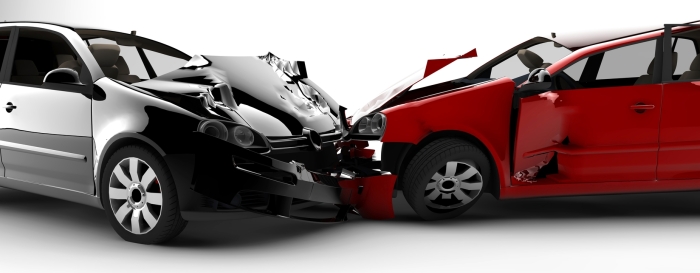In Western Australia the Government operated third-party motor vehicle accident injury insurer is the Insurance Commission of Western Australia. If you were injured in a motor vehicle accident, and the at fault driver was driving a vehicle with Western Australian car registration then the Insurance Commission of Western Australia will most likely be the insurer involved.
If the insurance commission of Western Australia agree that their insured has been negligent they will usually admit liability for a claim. What this means in practical terms is that to make a claim for motor vehicle accident compensation a person needs to show negligence of another person driving a motor vehicle other than themselves.
Stabilisation of injuries
Personal injury claims after the fairly drawnout process, this is because of the amount of time that it takes to give medical treatment a chance to be effective following a motor vehicle accident. Injured people will often be referred for treatments such as physiotherapy and hydrotherapy together with specialist referral and analgesic medication.
When medical treatment will no longer make a material difference to a person’s physical condition, their condition is said to have “stabilised”. In many cases stabilisation can be said to occur around one year post accident but this will differ from case to case depending on the type of accident and the severity of the accident.
The manner in which the Insurance Commission of Western Australia determines whether a person’s condition has stabilised is usually through medical reports from the treating general practitioner and other doctors the Insurance Commission doctor referrals.
Offers of Settlement below the threshold
In motor vehicle accident claims there is a “threshold” for “non-pecuniary loss” or general damages. These are damages that cannot directly be compensated with money such as pain and suffering and money for any disability caused to the injured person.
Once the condition has stabilised the Insurance Commission of Western Australia will ordinarily make an offer to the injured person. If the insurance commission perceives that the injured person is suffering from mild whiplash, or that they have made a complete recovery, they may make an offer on the basis that the injured person will not exceed the threshold for general damages. In these cases the total offer by the insurance commission of Western Australia is typically quite small, in the vicinity of $1000 to $2000. It is common for injured people to think this amount is insufficient given the extent of the injuries as they perceive them and the pain and suffering that they have endured.
What can I do if the insurance commission of Western Australia makes an offer with no allowance for general damages?
If the Insurance Commission of Western Australia makes an offer on the basis that there is no allowance for general damages it is first and foremost important that the injured person receives appropriate legal advice as to the probability that this offer is correct. In some situations the view of the Insurance Commssion will be correct and there will be little that the injured person can do to change the view of the Insurance Commission of Western Australia. In other situations the view of the Insurance Commission of Western Australia maybe influenced by medical evidence that is not favourable to the injured person. In this case is a personal injury lawyer can assist the injured person with a medico-legal referral which in turn will assist in convincing the Insurance Commission of Western Australia to make a higher offer of settlement.
Will I be able to achieve a higher offer by commencing legal proceedings through the District court of Western Australia?
Advantages
In many cases issuing legal proceeding through the District Court of Western Australia can assist injured people to obtain a higher offer from the Insurance Commission of Western Australia. The reasoning behind this is that in defending a personal injury action, the Insurance Commission of Western Australia will incur legal and investigative costs and they are therefore under more pressure to put their best offer forward to avoid incurring unnecessary costs through legal proceedings. Effectively any settlement of a personal injury case is a commercial decision and the fact that there are ongoing legal proceedings is a factor that can convince the Insurance Commission of Western Australia to make a higher offer.
Disadvantages
In any litigation there are risks and these are potentially significant.
In the event that the Insurance Commission of Western Australia has not made an offer in respect of general damages, the biggest risk is that the injured person will commence legal proceedings, and the Insurance Commission of Western Australia will see their case as being worth nothing and will make no offer.
The injured person may proceed to a trial of the action where there may be a finding that the insurance commission of Western Australia is correct and the injured person does not exceed the threshold for general damages. It is possible that the injured person could be awarded nothing and have to pay the costs of the Insurance Commission of Western Australia.
The above comments regarding litigation in the district court of Western Australia highlights the need for appropriate legal advice before taking any action in a personal injury compensation case.
The above information is provided for educational purposes only and is not a substitute for legal advice appropriate to the circumstances of a specific case. This information should not be interpreted as specific legal advice. Should you require specific legal advice you should seek the services of a trained personal injury lawyer.
Contributor
Article contributed by Foyle Legal and they practices in the area of personal injury and motor vehicle accident claimsand acts in personal injury matters no win no fee basis. At Foyle Legal your first consultation is free and obligation free if you do not proceed.

